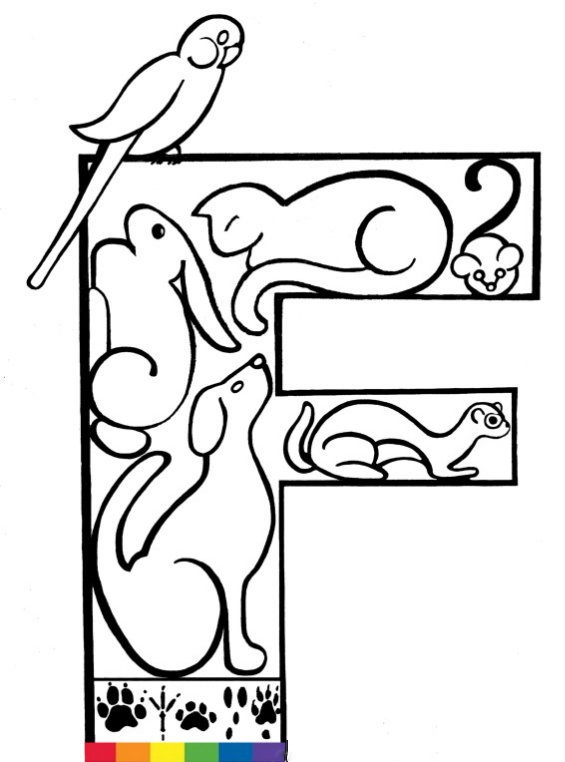In five years, about 25% of veterinary practices will be owned by large corporations.
- Mars, Inc. owns companies in many areas, such as several chocolate manufacturers (including M&M’s), Wrigley’s gum, and Uncle Ben’s Rice.
- Now they are buying companies associated with our pets, such as Nutro, Pedigree, Royal Canin, Iams, and a pharmaceutical company.
- They own all the Banfield Pet Hospitals, and there is a pending buy of VCA Animal Hospitals (this company has bought out many small veterinary practices).
- Corporations are interested in the bottom line. $$$$
- Eventually, clients may not have the luxury to change practices if they do not agree with management or philosophy of their current place, as other nearby veterinary hospitals may be commonly owned.
- Choice is important to clients and patients.
- Expect loss of diversity in the veterinary market.
- Veterinarians must follow the regulations of corporate.
- Some practices are phasing out pet insurance health plans for plans of their own.
- It will be difficult for veterinarians to affect change that will benefit their clients/patients.
- As in the musical “The Music Man,” you “gotta know the territory” of your practice. Corporations aren’t always familiar with the areas where their practices are located.
- The name of the veterinary practice usually remains the same; so most clients are unaware of the buyout.
- "There's a whole lot of nuance within the veterinary profession that a non-veterinarian just doesn't understand. Perhaps the profession would do better with more clinics being run as successful businesses, but I wonder if doing so at the hands of a nonveterinary ownership group will forfeit the personal touch that many within the animal-owning, practice-building public seem to want.”
https://avetsguidetolife.blogspot.com/2017/01/the-growth-of-corporate-veterinary.html
https://simmonsinc.com/what-are-the-perks-of-practice-ownership/
https://veterinaryteam.dvm360.com/better-business-nonveterinary-corporate-ownership-answer

